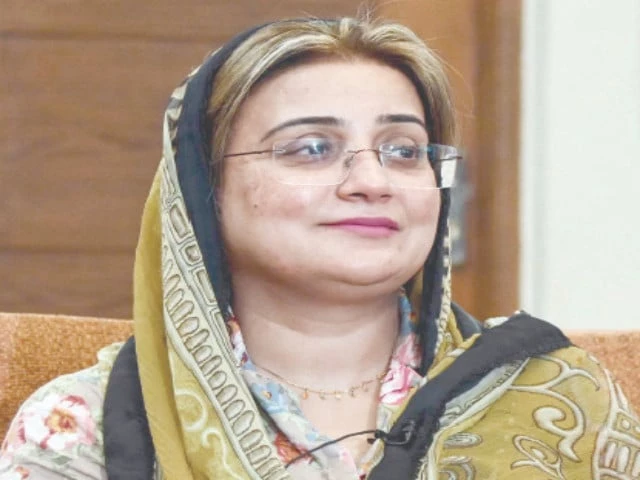Youm-e-Takbeer: A symbol of unity and strength
The nation stood united, shoulder to shoulder with its government and armed forces.

There come moments in the history of nations when a leader must make a bold decisionone that prioritises national sovereignty and security above all else.
Such decisions etch the leader's name into history, ensuring they are remembered and revered for generations. May 28, 1998, stands as one such historic day, when Pakistan, under the leadership of prime minister Nawaz Sharif, rose with dignity on the world stage and was recognised as a nuclear power.
This landmark day was aptly named Youm-e-Takbeer.
India had conducted nuclear tests on May 11, 1998, in an attempt to dominate the region and assert its superiority. However, Nawaz Sharif, resisting immense international pressure — including a $5 billion aid offer from the United States — chose to uphold Pakistan's dignity and independence.
On May 28, 1998, Pakistan conducted six nuclear tests in Chaghai, effectively neutralising India's nuclear posturing and establishing itself as the first and only nuclear power in the Islamic world.
This bold decision came at a significant cost. Nawaz Sharif and his government faced intense international pressure, economic sanctions, and isolation. Yet, the people of Pakistan stood firmly behind their leadership, sending a clear message to the world: Pakistan would never compromise its sovereignty or national integrity.
Now, 27 years later, that same unwavering resolve has been witnessed again. On May 7, 2025, India once again attempted aggression against Pakistan.
But under the decisive leadership of Prime Minister Shehbaz Sharif, Pakistan responded with full force.
The nation stood united, shoulder to shoulder with its government and armed forces, reinforcing national resolve.
On May 10, Pakistan delivered a historic blow to Indian aggression, forcing it to retreat. The success of this operation reverberated across the globe.
The world witnessed the might of Pakistan's JF-17 Thunder jets, J-10C aircraft, Fatah missiles, and Shaheen ballistic systems. International media, particularly Western outlets, highlighted India's humiliating defeat, while Indian media —reduced to spreading fake propaganda — was exposed and forced to retract its fabricated claims.
India's arrogance and military adventurism met a crushing response. Prime Minister Modi and his media allies were left to bear the shame of defeat. Pakistan's cyber warfare capabilities further disoriented Indian command structures, compelling India to back down.




















COMMENTS
Comments are moderated and generally will be posted if they are on-topic and not abusive.
For more information, please see our Comments FAQ